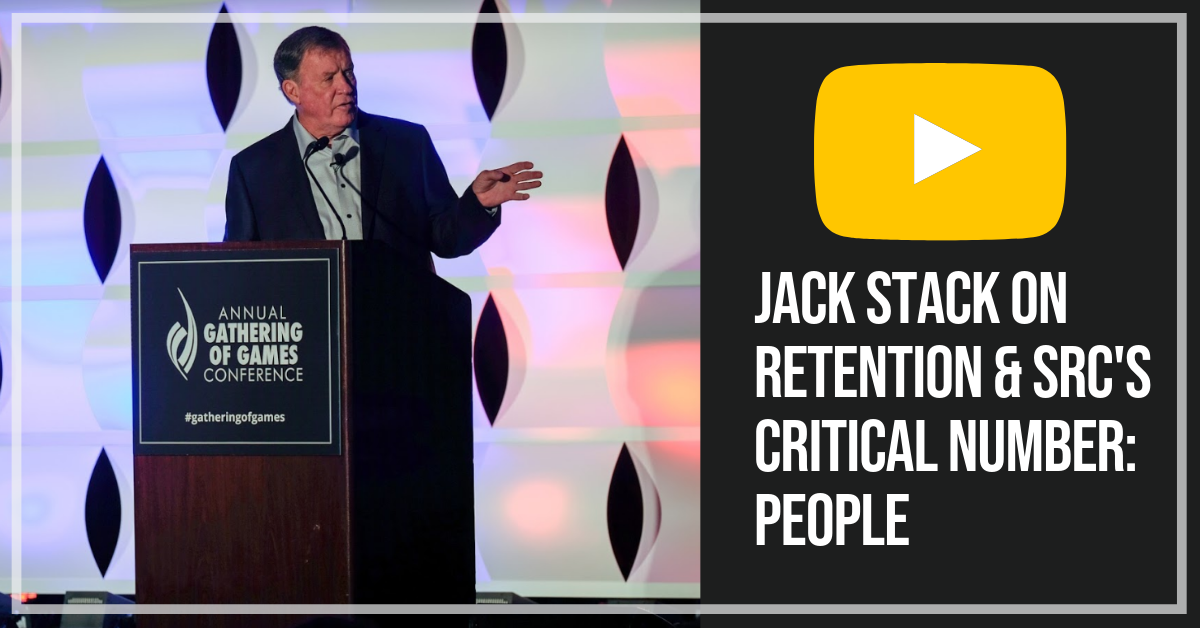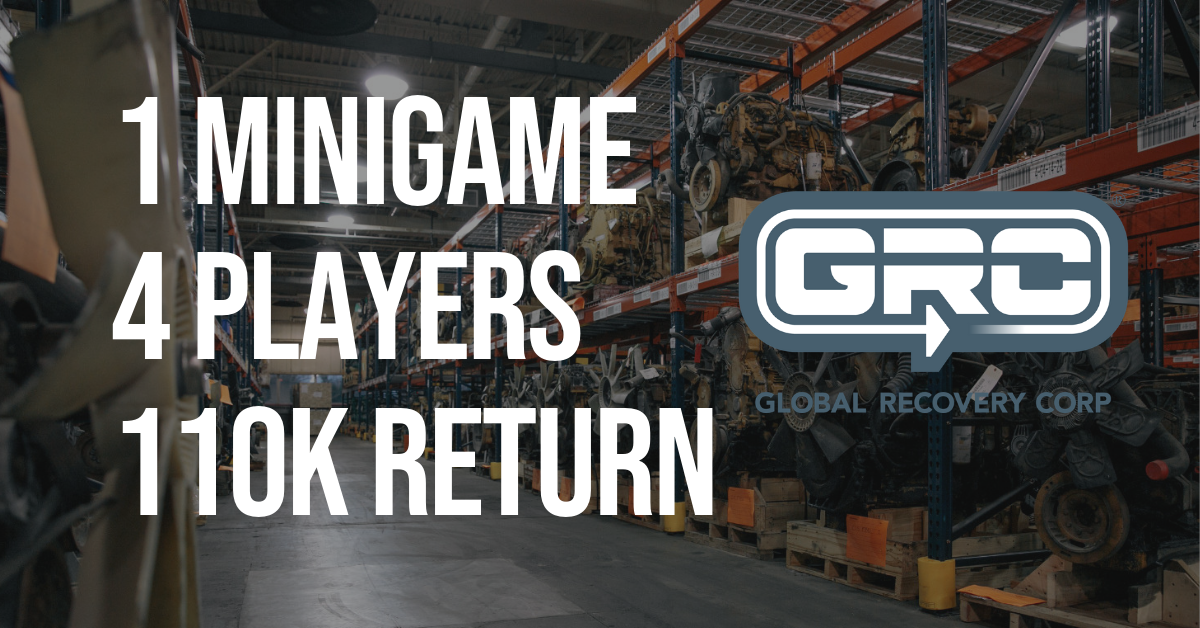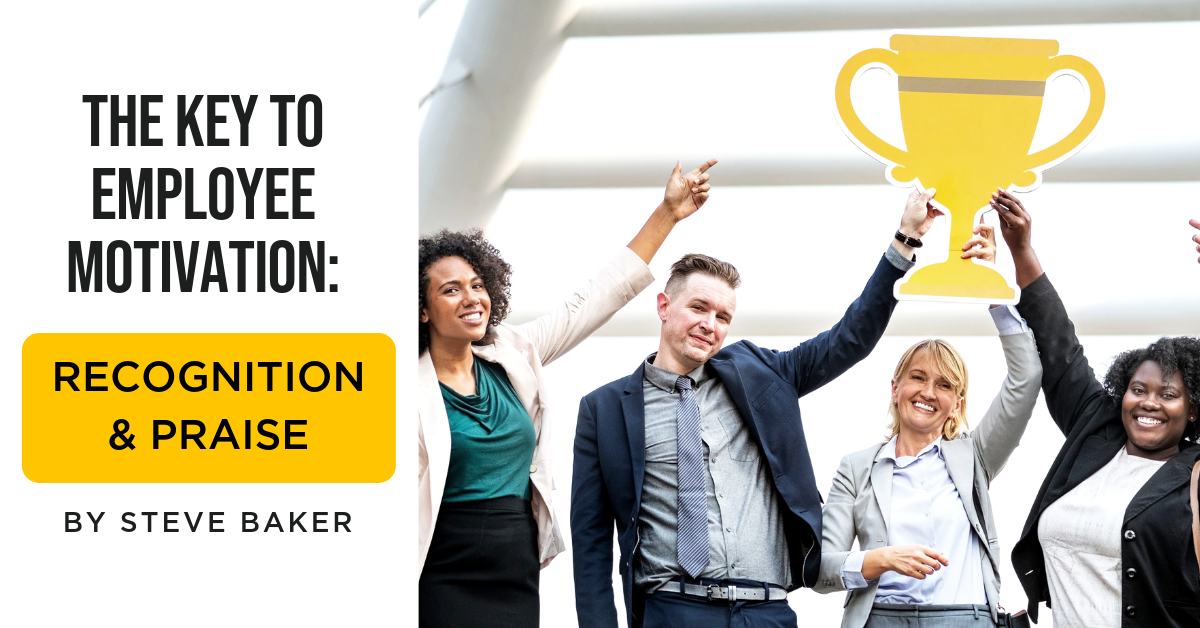It’s not always easy to work in the so-called “gig economy,” where millions of Americans find ways to earn money on one-off assignments. Prime examples are the folks who spend their time picking up extra fares in their personal cars driving for gig economy stars like Uber and Lyft. While it’s a great way to earn a few extra dollars, few (if any) of those drivers are going to make enough money to retire on. That helps explain the recent buzz around the news that the some folks who have been driving for Uber and Lyft will reportedly get the chance to buy shares of those companies prior to their IPOs (initial public offering), which are expected sometime this year. Lyft, for example, is planning to give drivers who have given at least 10,000 rides a $1,000 bonus they can keep or use to purchase shares of the stock.
Read More
A few years ago, the Wall Street Journal ran an article about a practice called “Zero-Based Budgeting,” which is basically a cost-control process that was being embraced by big-name companies such as Heinz, Kraft, and Burger King. The idea is that companies don’t roll over budgets from year to year, but they have to make a case for new spending plans each year. This philosophy wasn’t new—Texas Instruments experimented with it a few decades ago—but it seemed to gain popularity with investors interested in keeping costs under control. That was especially true when it came to the Kraft-Heinz merger. But things apparently haven’t worked out.
Read More
When companies implement The Great Game of Business, the company's leadership are often expected to get up to speed quickly. They’re asked to teach things they may not know and share information they’ve always kept close to the vest. They’re also expected to change their personal management style, often abruptly. In this situation, it shouldn’t be surprising if some managers leave and the rest feel threatened, confused or angry. Chances are they’re all asking themselves the same question: “As employees learn more about the business and take more responsibility for posting good results, then what’s my role?” Meanwhile, they're being peppered with questions from the front line: “What’s all this about, anyway? Do we really have to do this?” If your managers shrug or answer cynically, your program is over before it starts.
Read More
Charities are not like organizations in the private sector because they can’t just sell more widgets or raise their prices to improve the “bottom” line. The reality is that they have inflows and outflows just like any other business and do have a “bottom line", it just can’t be called the “p-word” (profit!).
Read More
In 1983, International Harvester was in deep financial trouble. Jack Stack and his fellow managers at the company’s engine remanufacturing facility in Springfield, Missouri, were scrambling to protect 119 jobs at the plant. Fast forward 36 years and SRC is struggling to find enough people to sustain the business over the long term.
Read More
Global Recovery Corp saw an opportunity to remove old inventory from storage and cash in on the inventory they weren't using. Four of GRC's employees were able to take this opportunity to generate $110,250 from a single MiniGame™ in less than 60 days. How? Company Background GRC was founded in 2013 as an engine and part supplier for the agricultural, highway trucking, industrial and automotive sectors.
Read More
Almost every person has heard of or read The 7 Habits of Highly Effective People by Stephen R. Covey. To be honest, I had heard of this book throughout most of my life. My dad had the book and I frequently saw it sitting on his desk at home, but I never once took the opportunity to dig into this myself and learn what all the hoopla was about. It was the summer of 2016 when the 7 Habits came into my life in a profound way. I was the Parent Teacher Organization President at my daughter’s school where they implemented what was called the “Leader In Me” structure. I had no idea what that meant, but I knew it was going to positively impact our children attending this school. With the role that I was serving in the next two years, the principal asked me to join their training sessions by Franklin Covey. This was when my life changed significantly. What is The 7 Habits Promise?
Read More
When the company does well, our professional lives go forward. But when the company doesn’t do well, eventually, it will impact the employees. The most common employee response to a company failure is “we never saw this coming!” Over the last 10-20 years, we have watched large, successful U.S. companies enter into failure mode. It constantly hits our media networks. It’s painful to see the impact of this demise on the people who have committed their professional life to the failing company. The failure of the corporation never seems to be “fair” to these employees. So, it’s appropriate to propose that the company’s success has to be important to the employees.
Read More
There are two things people want more than sex and money... recognition and praise. - Mary Kay Ash There’s a big difference between getting people to come to work and getting them to do their best work. While money and other forms of compensation are important, employees have been telling us for years what really motivates them to perform at higher levels is recognition and a reward for a job well done.
Read More

.png)


.png)












.png)




-5.png)

